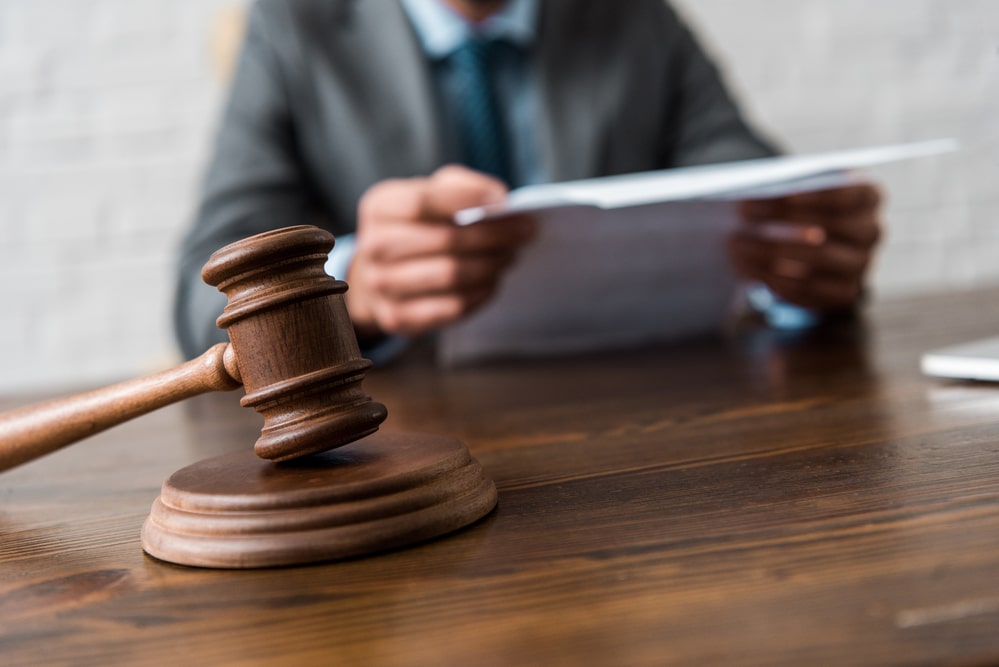Motion for reconsideration; exceptions
The settled rule is that a motion for reconsideration is a condition sine
qua non for the filing of a petition for certiorari. Its purpose is to
grant an opportunity for the court to correct any actual or perceived error
attributed to it by the re-examination of the legal and factual circumstances
of the case. The rule is, however, circumscribed by well-defined exceptions[1], such
as: (a) Where the order is a
patent nullity, as where the
court a quo has no jurisdiction
(a) Where the order is a
patent nullity, as where the
court a quo has no jurisdiction
 (a) Where the order is a
patent nullity, as where the
court a quo has no jurisdiction
(a) Where the order is a
patent nullity, as where the
court a quo has no jurisdiction
(b) Where the questions raised in the certiorari proceedings
have been duly raised and passed upon by the lower court, or are the
same as those raised and passed upon in the lower court;
(c) Where there is an
urgent necessity for the resolution
of the question and
any further delay would prejudice the interests of the Government
or of the petitioner or the subject matter
of the action is perishable;
(d) Where, under the circumstances, a motion for reconsideration would be
useless;
(e) Where
petitioner was deprived of due process
and there is extreme urgency for relief;
(f) Where, in a criminal case, relief from an order of arrest is urgent and
the granting of such relief by the trial court is
improbable;
(g) Where the proceedings in the lower court are a
nullity for lack of due process;
(h) Where the proceeding were ex-parte or in which the
petitioner had no opportunity to object; and
(i) where the issue raised is one
purely of law or where public interest is involved.
[1] Republic v. Bayao, G.R. No. 179492, June 5, 2013, 697 SCRA 313, 323,
citing Siok Ping Tang v. Subic Bay Distribution, Inc., 653 Phil. 124, 136-137
(2010).
